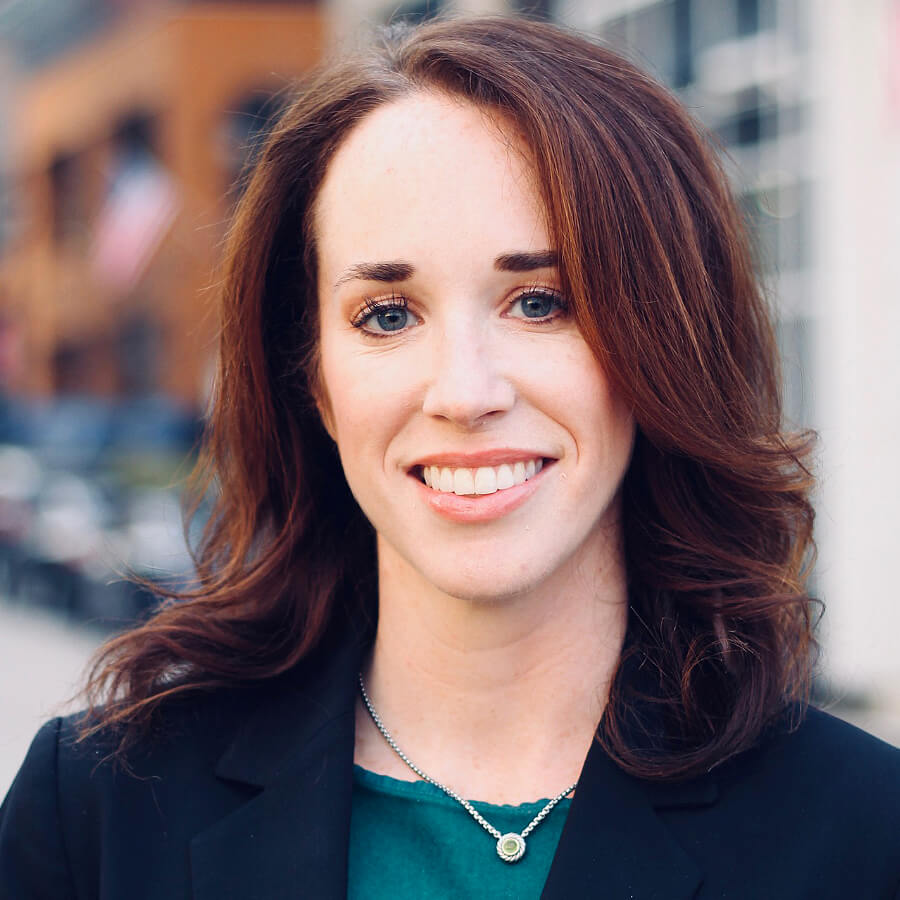The CBD Association is working hard for you both in the U.S. and internationally. Here are some recent developments:
1. S. Companies Clamor for Legalization Believing it Will be Economic Savior – That Has Yet to be True for Canada
The U.S. cannabis industry has become very vocal amidst COVID-19 that legalization will be the financial savior of the cannabis industry in the US, and potentially, the rest of the US economy. The Canadian cannabis sector used the same rhetoric years ago and was successful in pushing Canada into federal legalization 18 months ago. But if there’s anything to be learned from Canada’s example, things don’t always turn out as predicted.
“The U.S. is vastly overestimating,” warns Windsor, Ont.-based Craig Wiggins, a managing director at independent analysis firm, The Cannalysts. “We thought it was bad in Canada with our patchwork of government regulations and different roll-out across provinces. They have 50 states. It’s going to be difficult down there because they are going to be faced with all these regional quirks.”
“Everybody wants the economy to stabilize, and cannabis has the potential to help with a major economic shift of dollars,” says Montreal based Jennifer Larry, founder, and president of CBD Strategy Group Inc. “But if the industry is not allowed to operate allowing things to be affordable, accessible, then it might just end up burdening the economy rather than supporting it.”
A lack of public interest and a complicated, slow federal framework has caused the Canadian cannabis market to stagnate and many companies to fail. Additionally, as taxes on cannabis are implemented, the price increases and legal cannabis has trouble competing with the black-market cannabis prices.
2. The Federal Trade Commission has filed a complaint against a California-based CBD maker for Claiming that its Products can kill Cancer Cells.
The Federal Trade Commission (FTC) has filed a complaint against a CBD company called Whole Leaf Organics and owner Marc Ching for claiming its CBD products can kill cancer. FTC also said that Whole Leaf Organics claimed some of its other products could prevent or treat COVID-19.“There’s no proof that any product will prevent or treat COVID-19 or that any CBD product will treat cancer,” said the Bureau of Consumer Protection Director Andrew Smith. “Let’s be clear: companies making these claims can look forward to an FTC lawsuit like this one.”
Whole Leaf Organics had received an FDA warning letter regarding several of the same claims about its CBD products in November 2019. A hearing for the case will begin January 7, 2021, marking the first time a federal agency has taken legal action against a CBD company.
3. CBG – The “Mother” Cannabinoid and it’s High Cost of Production
Cannabigerol, or CBG. First discovered by researchers in the 1960’s, CBG is the precursor from which all other cannabinoids are synthesized, which is why it’s often referred to as the “mother” or “stem cell” of cannabinoids. This unique property imbues CBG with enormous therapeutic promise, making it a subject of great interest for researchers and consumers alike.
The potential health benefits of CBG are extensive. According to the research conducted at the NIH, CBG, a non-intoxicating compound, is thought to help regulate mood thanks to its ability to boost anandamide, the body’s native “bliss” molecule, as well as act as a GABA reuptake inhibitor. CBG is also a potent neuroprotectant and is currently being evaluated for its ability to combat ailments like Huntington’s Disease. It also has cancer fighting properties and is a potent antibacterial that can even treat MRSA.
Despite the medical appeal and consumer demand, there’s one big hurdle to face, though: CBG is notoriously expensive to produce.
One, CBG is hard to produce naturally. Growing it requires that you use your entire crop to yield enough CBG to attempt to meet demand. “It takes thousands of pounds of biomass to create small amounts of CBG isolate. Most varietals only produce a small amount of CBG. Additionally, ss the “Mother” cannabinoid, it is often turned into other cannabinoids before it can be extracted.
Two, it requires very expensive, special extraction equipment to maximize the amount of CBG they can extract.
Finally, CBD is still the most popular cannabinoid in the market. As it is much cheaper to produce, it is the chosen cannabinoid for most producers. Consumer education and interest will need time to develop before CBG can hold enough of the market share to make its production worthwhile for many extract producers.
4. Israeli Biotech Company Begins Clinical Trial of CBD Treatment for COVID-19
The Israel-based biotech company Stero Biotechs has started a clinical trial at Rabin Medical Center’s Golda Hasharon Campus in Petach Tikvah on the effects of a steroid-Cannabidiol (CBD) treatment on hospitalized COVID-19 patients.
Ten patients will be in the clinical trial. If the trial is successful, the company plans to expand to a multi-center clinical trial with an additional 40 hospitalized COVID-19 patients, under FDA clinical trial guidelines and regulations.
Stero Biotechs, founded in 2017 and headquartered in Israel, is a clinical-stage company that focuses on the research and development of novel CBD-based treatment solutions.
5. Avoiding a “Hot” Crop – Hemp Farmers Join Together to Test Seed Varietals
A coalition of hemp farmers plans to screen seed-propagated hemp varieties to determine which ones may be able to produce mother stock for clones that will consistently meet federal THC limits.
As a service to participating breeders, the group will:
- Cultivate plants in a USDA Certified Organic container test field; breeders will receive two copies of each plant, propagated vegetatively to serve as mother stock for future clone crops.
- Provide testing results and all physical traits measured, as necessary to enter the Colorado Certified Hemp trials, file for plant or utility patents and USDA Plant Variety Protection, and apply for an AOSCA listing.
- Identify whether varieties were cross-pollinated with marijuana, eliminate those plants, and return low-risk plants to restart seed or vegetative plant lines.
- Help breeders shorten the path to seed stabilization by growing seed to allow breeders to select plants closest to the breeding target for the next breeding cycle.
- Provide application materials for patents or AOSCA certification, with necessary information and estimates on fees and legal costs.
- Include data collected from breeders’ plants in future scientific studies at the University of Colorado Boulder, in collaboration with AGF.
- Notify breeders of identification of any patentable asexual (clone) varieties with information and assistance to apply for patents and AOSCA certifications, including gene sequencing and field trials to identify various attributes.
6. Litigation Picking-up In the Industry – Criminal Charges Basis for Breach of Contract?
A CBD company in Oregon is suing a Massachusetts hemp refinery over a shipment of hemp extract that was seized for containing too much THC, leading to criminal charges.
Key Compounds against Phasex Corporation in federal court for negligence and breach of contract.
The shipment was seized by local law enforcement in Albany, Oregon, in January 2019.
As a result of the seizure and criminal investigation that followed, Key Compounds said it was forced to vacate its Oregon premises, cease operations, lay off its employees and liquidate its assets and pay hundreds of thousands of dollars in legal fees to defend against a felony indictment.
Phasex President Hans Schonemann was said to have assured Key Compounds CEO Alexander Reyter that the CO2 purification process Phasex used would mitigate THC from industrial hemp oil and reduce it to nondetectable levels.
Key Compounds said that Schonemann allowed the purification process to run for too long. The final sample collected during the extraction process, termed F8, contained a THC concentration that exceeded the 0.3% national limit.
“Despite having the test results … Schonemann and Phasex failed to review this information before shipping F8 to Key Compounds,” the complaint said.


